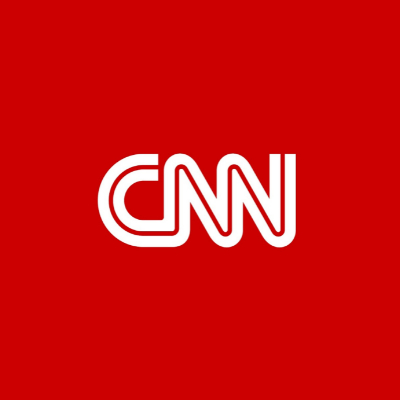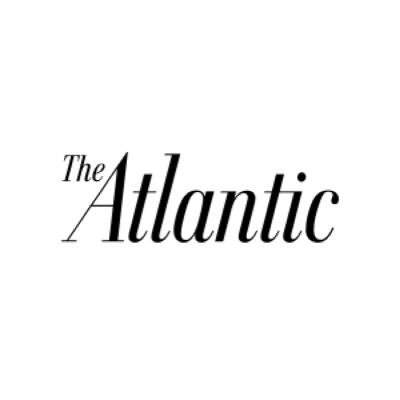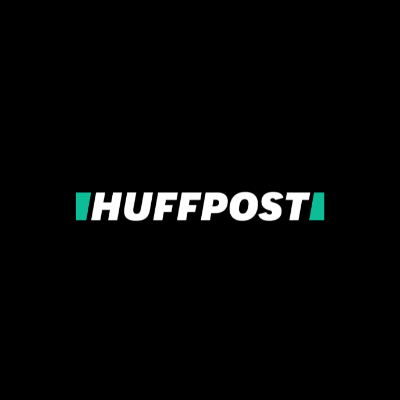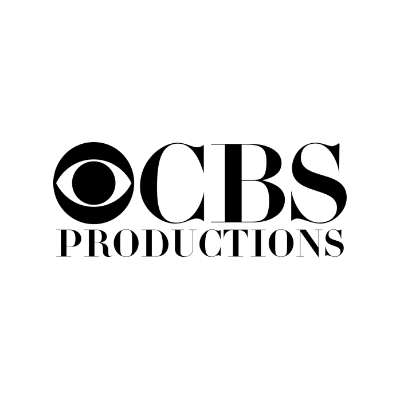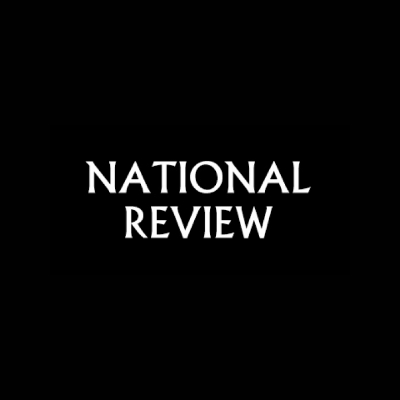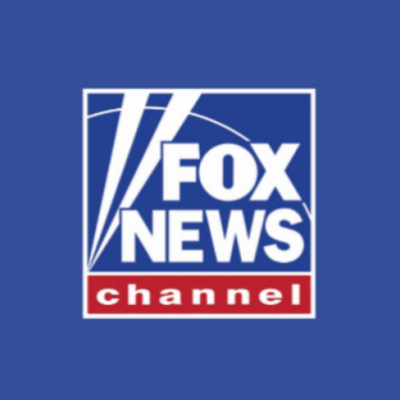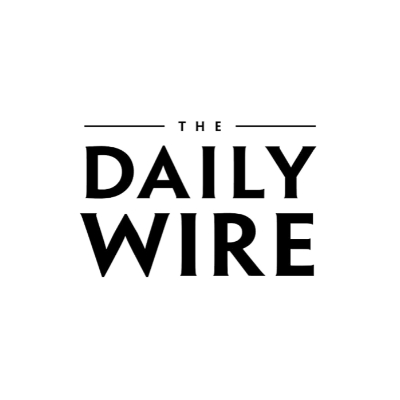How News Sources Portray Campaign Finance Restrictions Policies
This chart shows how major news sources across the ideological spectrum frame campaign finance restrictions policies, from left to right-leaning perspectives.
Because media bias in politics is inevitable, responsible citizens must develop media literacy to recognize prejudices and angles associated with political parties and policy stances and come to their own informed conclusions. Various policies carry varying levels of support from the American public, but levels of support do not always reflect existing legislation, as is the case with policies on campaign finance restrictions. Campaign finance restrictions are measures to control the influence of big donors on electoral politics.
Campaign finance and the First Amendment’s promise of free speech have been intertwined since the decision in Citizens United v. FEC, resulting in requirements to disclose funds for candidates running for political office. However, the main issue as it pertains to election spending is how much a candidate should be allowed to spend on a campaign.
Both Democrats and Republicans are generally in favor of political campaign finance reform, with Democrats being the most supportive. Arguments in favor of campaign finance regulations and reforms highlight the need to reduce potential corruption introduced by obligations to financial donors, level the playing field between competitors to reduce the emphasis on monetary means, and shift the focus to policy debates and candidate qualifications.
Despite both parties’ desire to limit campaign spending, no bill has been presented to Congress attempting to limit spending on campaigns since 1991. Some politicians, like Democrats Amy Klobuchar and Elisabeth Warren, have sponsored Senate Bill 2232, which “revises the composition of the Federal Election Commission by reducing the number of members from six to five with no more than two members allowed to be affiliated with the same party.” So, while both Republicans and Democrats are in favor of placing restrictions on campaign finance, this sentiment does not seem to be shared by the parties in government.
Arguments against campaign finance reform policies point out the First Amendment, which protects free speech. They argue that campaigns are a form of free speech, and restricting the flow of money to pursue these campaigns is akin to restricting the speech itself, thus making these policies unconstitutional. They also note that restrictions could put lesser-known challengers at a disadvantage since they would be competing against established reputations with equal financial resources. Additionally, they note that unlimited spending makes it possible to inform voters by reaching a wider audience. Finally, those who are against campaign finance restrictions express concern that such restrictions would increase the use of dark money, which is money that comes from undisclosed sources—a concerning practice that makes it difficult to track the influence of unknown donors on their sponsored politicians.
The Democratic Stance on Campaign Finance Restrictions
The Democratic Party policy stance on campaign finance restrictions is more supportive compared to the Republican Party stance. Although on a whole the parties as observed outside the government are majority supportive, within government the Democratic Party has been the one to push for restrictive legislation.
Their motivations are based in a desire for increased transparency and thus accountability to reduce the influence of wealthy donors on the government. They largely believe regulations for campaign financing could rebuild public trust in the government and incentivize elected officials to truly respond to voter needs and desires.
Polling from 2018 supports the understanding that Democrats are more likely to support limits on campaign spending than Republicans, with similar party differences on whether effective laws can be written. While 71% of Republicans believe there should be limits on campaign spending, and 54% think new laws that would effectively limit the influence of money in politics could help address the issues visible in American politics, among Democrats, an even larger majority favors spending limits (85%) and thinks new laws would be effective (77%).
Politicians Who Support Campaign Finance Restrictions Rights
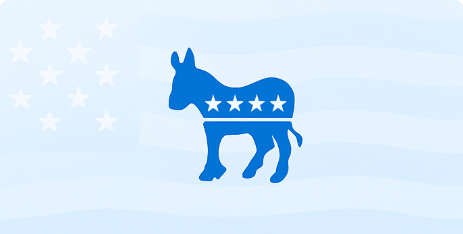
The Republican Stance on Campaign Finance Restrictions
The Republican stance on campaign finance reform is majority supportive, but less robust than Democratic support.
A potential reason for the difference is that some of the main criticisms of restriction policies can be perceived as more focused on the success and means of the individual, which aligns with the attitude associated with Republican politics that champion individual achievement.
The Republican Party in government is generally the voice that challenges campaign finance limits and proposes policy changes. The 2025 Supreme Court case revisits a 2001 case, with Republicans aiming to eliminate the limits on election ad spending. Their main argument is based on the First Amendment’s protection of free speech.
Politicians Who Support Campaign Finance Restrictions Rights
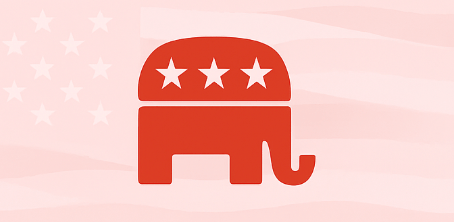
Policy on Campaign Finance Restrictions in the United States
Federal campaign finance laws and regulations limit financial contributions to candidates for the presidency and Congress. Campaign finance limits are managed by the Federal Election Commission (FEC).
While campaign donors are limited to $3,300 per candidate, candidates are allowed unlimited spending from their own funds so long as they submit their spending the the FEC. Candidates must report the identities of donors, the amounts of donations, and how they spend the donations to the FEC. The FEC publishes this information publicly on its online database.
Campaign finance restrictions on the state level differ. In the 2023-2024 election cycle, donation restrictions varied significantly, ranging from as low as $200 for some positions in Colorado to as high as $36,400 for certain positions in California. Some states allowed greater donations by permitting unlimited contributions from individuals. For many states, regulations are determined based on the office a candidate aspires to.
A Brief History of Campaign Finance Restrictions Policy in the U.S.
The Tillman Act of 1907 was the first attempt at general reform on monetary contributions to federal candidates. It forbid corporations and interstate banks from donating directly. This legislation was ineffective due to a lack of enforcement, setting a pattern of ineffectual lawmaking in regulating campaign financing over the years.
The Federal Election Campaign Act (FECA) of 1971 was finally effective, stoked by the Watergate Scandal and associated public distrust of government officials. It requires disclosure of campaign finances and sets a system of regulation and enforcement to keep candidates accountable.
The Supreme Court case Buckley v. Valeo, in 1976, overturned some of the FECA spending limits on the grounds that they violated the First Amendment. One of the limits that was struck down was the restriction on candidate expenditures unless the candidate accepted public financing. The case created a framework for analyzing campaign finance regulations in the future by distinguishing between contributions and expenditures.
In 2010, Citizens United v. FEC ruled that corporations and unions have the same First Amendment rights as individuals regarding independent expenditures. It allowed them unlimited spending for or against candidates, which had previously been a restricted action by the Bipartisan Campaign Reform Act (BCRA) of 2002. The decisions made in this Supreme Court case continue to be disputed by critics, who worry about undue corporate influence on elections, but are supported by those who argue that this is a protection of free speech and public debate.
What the Future Holds
Historically, the Supreme Court tends to maintain donation limits while eliminating expenditure limits for political campaigning. Given its patterns, legislation can be expected to continue with similar regulations.
In times when the government is perceived publicly as highly untrustworthy or unaccountable, legislation is more likely to emphasize restriction of influential donations and disclosure of information. In times of stability, the laws may relax to promote free speech and pursue educated public discourse.
Increased regulation may also increase the employ of dark money tactics that seek to conceal donor or expenditure information.
One increasingly popular funding mechanism is a type of Political Action Committee (PAC) known as a Super PAC, which cannot directly contribute to or coordinate with political campaigns. The strength of Super PACs is that they can raise unlimited funds as independent committees. These organizations can be used as a method for wealthy individuals or groups to contribute to a candidate without direct disclosure, as Elon Musk did for President Donald Trump’s 2024 campaign. While Super PACs must disclose their sources by law, it is easier to conceal information through a Super PAC than through direct campaign donations since it is possible to use a ‘straw donor scheme’ that uses an intermediary to conceal the source of a contribution. These kinds of tactics are likely to become more prevalent in response to stricter campaign finance restrictions.
To unlock more data-driven insights into media bias, explore political leanings with research-backed tools, and customize your news feed around what matters most to you, sign up for a Biasly Premium News Membership.




























